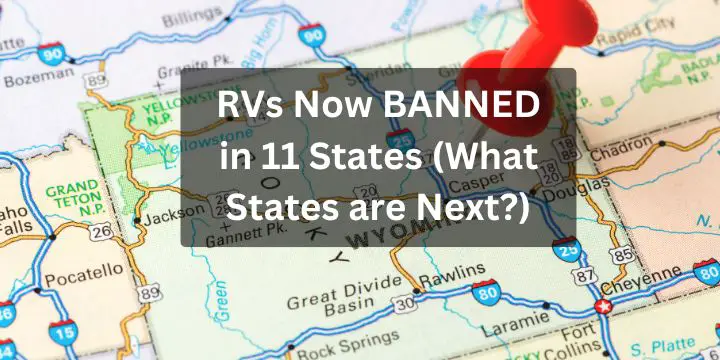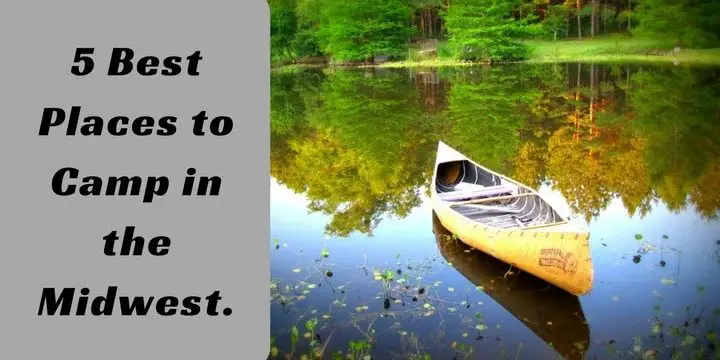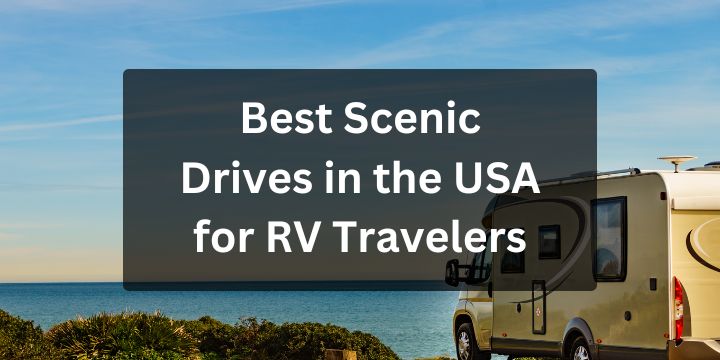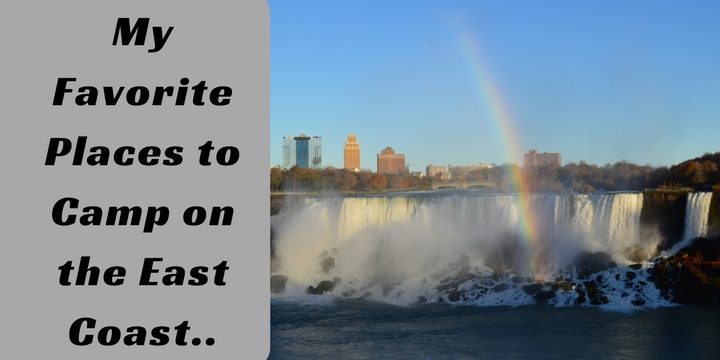
For many, the freedom of RV living symbolizes the ultimate escape: the ability to roam wherever the road leads, exploring America’s most beautiful landscapes.
But what happens when that freedom starts to disappear? Across the U.S., certain states are enacting laws and regulations that make it increasingly difficult—and in some cases outright illegal—to live or park in an RV. With 11 states already on the list, RV enthusiasts are left wondering: which states could be next?
The Growing Restrictions on RV Living
The crackdown on RVs isn’t happening in a vacuum. Local governments and communities cite various reasons for tightening restrictions, including overcrowding, environmental concerns, and the rise of “stealth camping” in urban areas. Let’s break down what’s happening:
- Zoning Laws: Many cities are enforcing stricter zoning regulations that prohibit RVs from being used as permanent residences.
- Parking Bans: Urban areas are increasingly outlawing overnight RV parking on streets or in public spaces.
- Environmental Impact: Overcrowding in campgrounds and boondocking spots has led to damage in some natural areas, prompting state governments to impose stricter controls.
The 11 States Cracking Down on RVs
While these restrictions vary, here are 11 states where RVers are facing significant hurdles:
- California: Known for its beautiful landscapes, California also has some of the strictest regulations. Many cities, including Los Angeles and San Francisco, have banned overnight RV parking on streets and enforced zoning laws that limit where RVs can be used as homes.
- New York: Urban congestion has led to strict rules about RV parking in cities like New York City and Buffalo. Overnight stays on public streets are heavily fined.
- Florida: While Florida is a haven for snowbirds, certain counties have implemented bans on RVs in residential areas, citing concerns about property values.
- Texas: Known for its wide-open spaces, Texas is surprisingly restrictive in some urban areas, with laws preventing RV parking on streets for extended periods.
- Washington: Seattle and other cities in Washington have placed restrictions on RV parking and camping in urban areas, citing safety and sanitation concerns.
- Oregon: Similar to Washington, Oregon cities like Portland have made it difficult for RVers to park or live in their vehicles within city limits.
- Nevada: Las Vegas has imposed strict rules on RV parking in residential neighborhoods, leading to fines and impounding for violators.
- Arizona: Popular with snowbirds, Arizona has seen certain communities enact bans on RVs being parked outside designated areas.
- Hawaii: Due to its limited land and environmental concerns, Hawaii has outright bans on RVs being used as permanent residences.
- Massachusetts: Urban areas like Boston have stringent regulations on RV parking, and the state has zoning laws that limit long-term RV living.
- Colorado: Despite its reputation as an outdoor paradise, Colorado’s major cities have cracked down on RV parking in public spaces and residential neighborhoods.
Read More: Winter Camping in 2025: Everything You Need to Know
What States Could Be Next?
As more communities grapple with the challenges of balancing RV living with local needs, these states might follow suit:
- Utah: Rising popularity of national parks has led to overcrowding, prompting discussions about limiting RV access.
- Georgia: Urban areas like Atlanta are considering bans on overnight RV parking in certain zones.
- Illinois: Cities like Chicago are examining stricter laws to address congestion and sanitation issues.
- New Jersey: Discussions are underway about tightening zoning laws for RVs in residential areas.

Why This Matters
For RVers, these restrictions represent more than just an inconvenience—they challenge the very essence of the RV lifestyle. The ability to roam freely and live minimally is central to why many choose RV living in the first place. With increasing regulations, RVers must navigate:
- Limited Mobility: Fewer places to legally park or stay overnight.
- Increased Costs: Higher fees for campgrounds and fines for breaking new rules.
- Uncertainty: Constantly needing to research and adapt to evolving regulations.
What Can RVers Do?
While the trend toward restrictions is concerning, RV enthusiasts can take steps to protect their lifestyle:
- Advocate Locally: Join or support organizations that promote RV living and work with local governments to find balanced solutions.
- Practice Responsible Camping: Leave no trace, respect local laws, and avoid overcrowding popular spots.
- Stay Informed: Keep up-to-date with the latest regulations in your state or travel destinations.
- Build Community: Connect with other RVers to share tips, resources, and advocacy efforts.
Final Thoughts
The increasing restrictions on RV living highlight the tension between personal freedom and community needs. While these laws aim to address legitimate concerns, they also risk alienating a growing segment of people who embrace RV living as a sustainable and fulfilling lifestyle. As the debate continues, RVers must remain proactive, adaptive, and united to ensure their way of life isn’t left in the dust.
Read More: RV Electrical – Everything You Need to Know (Guide)


